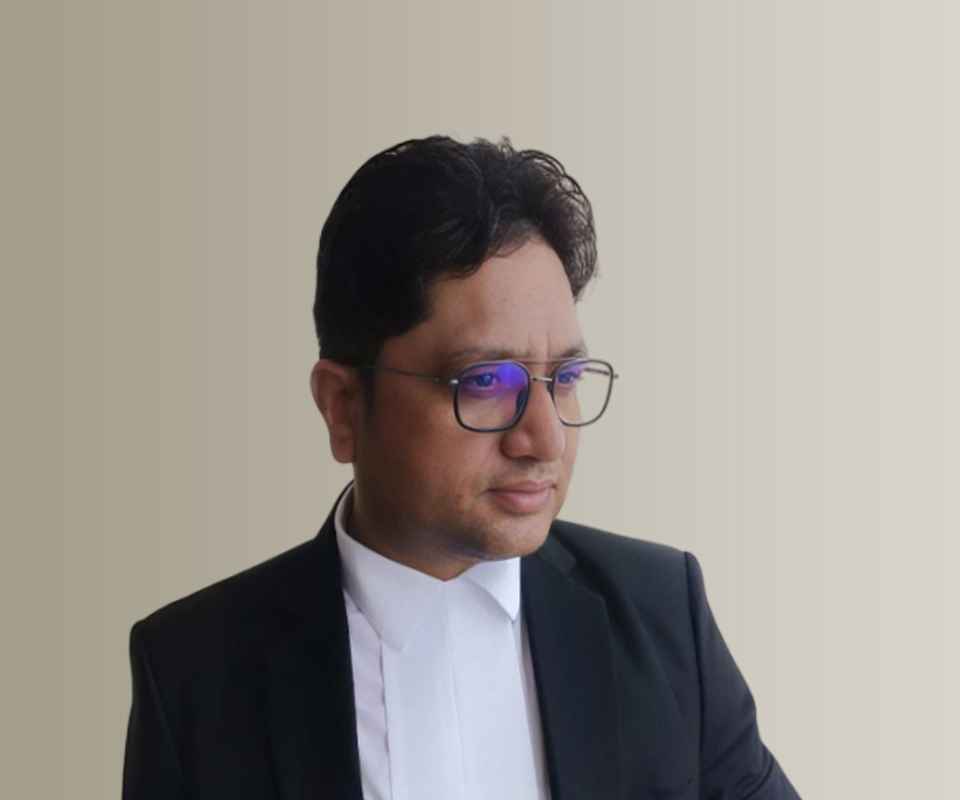Answer By law4u team
In India, entrance exams for higher education play a crucial role in selecting candidates for undergraduate, postgraduate, and professional courses. The legal regulation of these exams is essential to ensure a fair, transparent, and equitable process for all students. Multiple laws and regulatory bodies oversee various aspects of entrance exams, including eligibility criteria, exam conduct, admissions, and remedies for grievances.
Legal Framework Regulating Higher Education Entrance Exams in India:
University Grants Commission (UGC):
The University Grants Commission (UGC) is a statutory body established by the Indian government to coordinate, determine, and maintain the standards of university education in India.
The UGC plays a critical role in setting the standards for entrance exams for universities and higher education institutions. It provides guidelines for conducting exams, eligibility criteria, and ensures that these exams are in line with national educational standards.
National Testing Agency (NTA):
The National Testing Agency (NTA) is an autonomous organization set up by the Ministry of Education, Government of India. NTA conducts major national level entrance exams like the Joint Entrance Examination (JEE) for engineering, National Eligibility cum Entrance Test (NEET) for medical and dental courses, and Common Management Admission Test (CMAT) for business schools.
NTA ensures that the entrance exams are conducted fairly, with transparent processes, proper infrastructure, and effective grievance redressal mechanisms.
Central and State-Level Regulations:
In addition to national bodies like the UGC and NTA, state governments also regulate certain state-level entrance exams for admission to various universities and colleges within their jurisdiction. Each state may have its own governing bodies, such as the State Education Boards or State Examination Authorities, which design and implement entrance exams for local institutions.
State-level regulatory frameworks ensure that the exams cater to local needs and adhere to legal and educational standards set by the state governments.
National Council for Teacher Education (NCTE):
The National Council for Teacher Education (NCTE) is responsible for regulating the standards and procedures for the entrance exams for teacher training programs like B.Ed. and M.Ed. NCTE ensures that entrance exams for teacher education programs meet the requirements for quality education.
Regulation of Eligibility Criteria:
Laws and regulations governing eligibility for entrance exams include age limits, academic qualifications, and reservation policies. The eligibility criteria for various exams are typically specified in the respective exam notifications issued by the conducting bodies like NTA, state governments, or individual universities.
Reservation laws under the Constitution of India ensure that certain percentage of seats are reserved for Scheduled Castes (SC), Scheduled Tribes (ST), Other Backward Classes (OBC), and Economically Weaker Sections (EWS), with appropriate exemptions and relaxation on qualifying marks or age limits.
Transparency and Fairness:
Legal provisions mandate that the entrance exam process be transparent and non-discriminatory. For example, centralized counseling systems for exams like NEET ensure that admissions are based purely on merit, and candidates can see their exam results before proceeding with the counseling and admission process.
The Right to Information Act (RTI) allows students to access information about entrance exams, ensuring transparency in exam conduct and evaluation.
Grievance Redressal Mechanisms:
If a student faces discrimination, technical issues during exams, or believes there has been a violation of their rights, they can file grievances with the concerned exam body. Grievance redressal cells are established by organizations like NTA, state education boards, and universities to address complaints regarding exam procedures, results, and other related matters.
Students can also approach the Higher Education Commission or even the courts in case of non-resolution or violation of their rights.
Judicial Oversight and Precedents:
Indian courts have frequently dealt with cases related to entrance exams, including issues of unfair practices, admission disputes, and discriminatory practices. Courts ensure that entrance exams are in compliance with Constitutional principles of equality and fairness.
For example, the Supreme Court of India has ruled on issues such as the merit-based admissions system, reservation policies, and the legality of conducting common entrance exams for multiple institutions.
Regulation of Entrance Exam Formats:
Laws also regulate the format of entrance exams, such as whether they are multiple-choice questions (MCQs) or written exams. The exam formats must adhere to legal standards and guidelines set by regulatory bodies like the UGC, NTA, or respective state authorities.
The Online Examination System is also governed by legal frameworks to ensure fairness, accessibility, and data security during online exams.
Acts Governing Specific Areas:
Medical Education:
For medical education, exams like NEET are regulated under the National Medical Commission (NMC) Act, which mandates the conduct of a single national entrance exam for all medical institutions in India.
Engineering Education:
The All India Council for Technical Education (AICTE) oversees technical education institutions and regulates the entrance exams for courses such as engineering, management, and architecture.
Example:
A student applying for NEET to pursue medical education must fulfill eligibility criteria outlined by NTA, which includes academic qualifications, age limits, and nationality. The exam is conducted under guidelines set by the National Medical Commission (NMC), and the student’s performance determines admission to medical colleges across the country. If the student faces issues like a technical glitch during the exam, they can file a grievance with NTA, which has a redressal system in place to ensure fairness.
Conclusion:
Indian law regulates higher education entrance exams through a complex framework involving several bodies like the UGC, NTA, State Education Authorities, and other specialized agencies like NCTE. These laws and regulations ensure that the entrance exams are fair, transparent, and accessible, providing equal opportunities for students while safeguarding their rights under the Indian Constitution. The legal system provides avenues for grievance redressal, ensuring that any violations or issues arising from entrance exams are promptly addressed.







